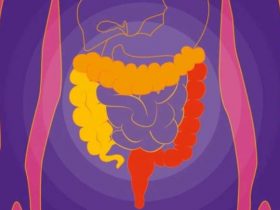Allergies are quite common. The Center for Disease Control and Prevention [1] estimates that over 50 million people living in the United States have an allergic reaction yearly. An allergic reaction is an immune response to things that should not trigger an immune response. It is due to the body’s misinterpretation of a typically benign foreign substance as harmful. These things include but are not limited to food items and medications.
Pollen, food, peanut butter, dust mites, and mold spores are some of the most common causes of allergic reactions. These triggers are known as allergens.
How people react to allergens vary. Sneezing, runny nose, difficulty breathing, and swelling are the most common reactions to allergens. People also often experience dermal reactions such as itching, rashes, or welts where their body made contact with the allergen. In more severe cases, allergic reactions may cause anaphylactic shock, which sets in rapidly and can be fatal.
There are many types of allergies and some of them require specific treatments. This article will discuss broad ways to treat or manage most types of allergic reactions.
Avoid known allergens

The best care for allergies is to avoid triggers you are aware of. This may mean cutting certain foods out of your diet and avoiding situations that put you in physical contact with your allergens.
You can only do this if you know your symptoms first. Some people have multiple allergies, others have only one. Keeping a journal of all the things you have observed to trigger your symptoms can help you know what to avoid.
While this advice is great, it may not be feasible for everyone. Certain allergens cannot be avoided because of how integral they are to daily life. For a person who is allergic to water, for example, this method of care is not very realistic. In such cases, allergy medications are your best bet.













